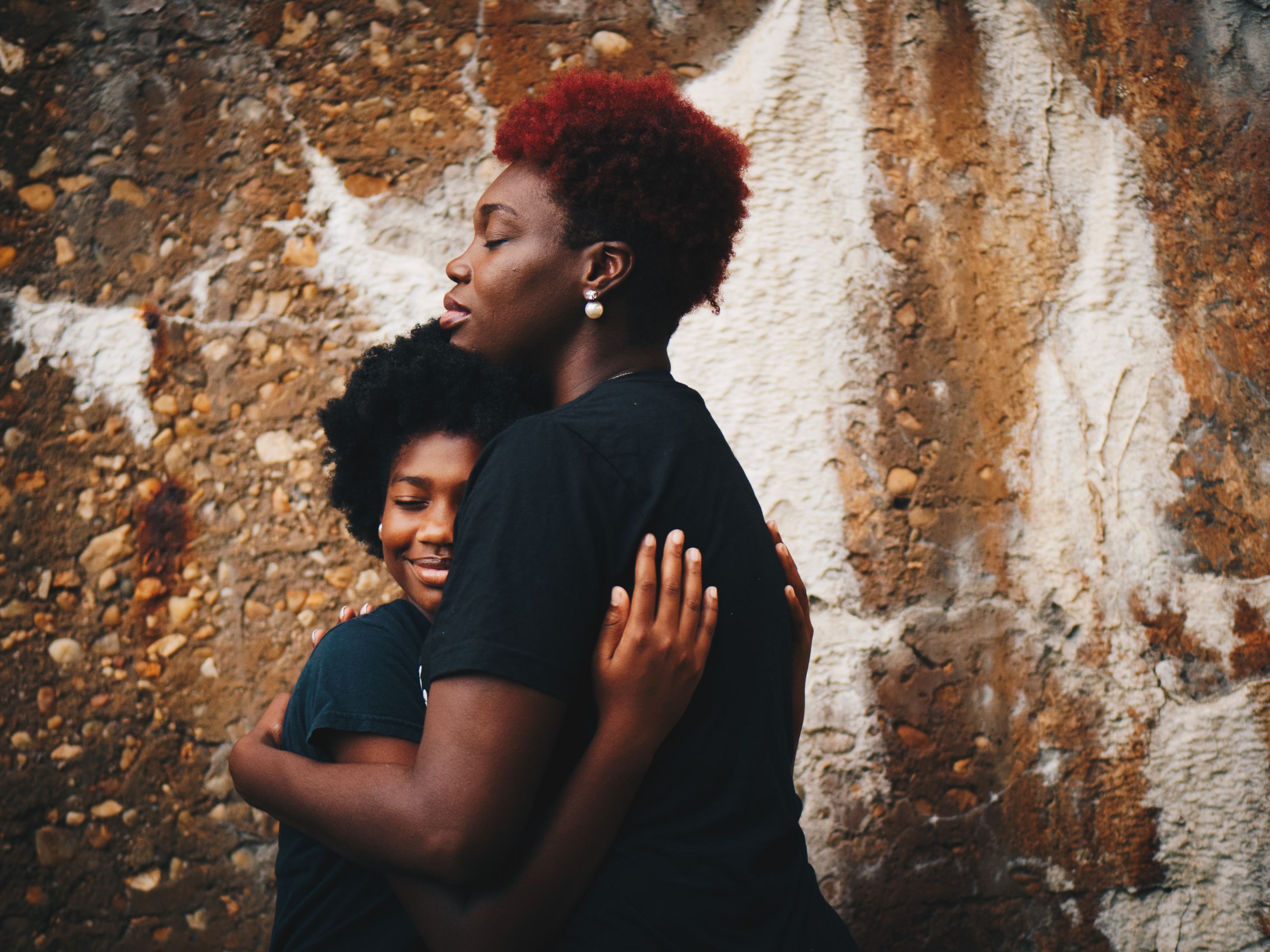Most of us see ourselves as dynamic, evolving, and always growing. Then we look at others as stagnant, one-dimensional, and always remaining the same. When we make mistakes, we see it as a small part of an ongoing and much larger process of personal growth. When others make mistakes, we attribute that to the dictionary definition of who they are.
When we forget an important birthday or anniversary, we’re only human. When others forget, it’s scientific evidence that they don’t care. When we think about the people in our lives from ten years ago, we imagine them with all the same annoying qualities they had when we last saw them. When others assume the same about us, we find it laughable in light of how much things can change over time.
This is the point in my post where I’m supposed to tell you something like “stop doing that” or “try harder to give others the same benefit of the doubt that you allow for yourself,” but there’s a reason why we tend to be more charitable towards ourselves. It’s because we have a lot more information about ourselves. That information provides context. That context provides a superior quality of understanding. And that superior quality of understanding is what makes sympathy possible.
It’s good to recognize the value of things like being more compassionate and forgiving, but it’s futile to treat those attributes as if they can be manufactured through willpower alone. You’re not more lenient with yourself because you try harder. You’re more lenient with yourself because you understand better, because you possess more data about the variables at play in your experience. When you’re late for a meeting, you see more than the contradiction between what the clock says and what time you arrive. You see all the sincere and praiseworthy attempts you made to be on time. You see all the unfair and unpredictable obstacles that got in your way. You can feel the sensation of guilt and shame swimming around in your stomach as you realize that you’re going to let your coworkers down. To you, you are more than your actions. You’re a complex arrangement of intentions, emotions, weaknesses, challenges, and so on. To everyone else, you’re just a disrespectful and inconsiderate slacker who needs to get his or her priorities straight. Access to information, or the lack thereof, changes everything.
If you want to become the kind of person who’s less judgmental, less resentful, and more sympathetic towards other people’s shortcomings, here’s the way: ask more questions and seek more knowledge. You’ll never be good at letting things go and loving people in spite of their flaws unless you practice the art of relentlessly questioning your assumptions. You can’t bulldoze your way into a state of sympathy. Forgiveness requires philosophy, not force. Instead of trying to understand, think to understand.
Instead of equating shortcomings with sleights and treating imperfections as insults, remind yourself that everyone has a story. A story with many moving parts and mysteries that you’ll never completely unravel. Then, instead of filling the gaps in your knowledge with conspiracy theories like “they’re just out to get me” or “this is personal,” be curious, ask questions, and remember that the way you’re feeling about them is the same way someone else is feeling about you.



